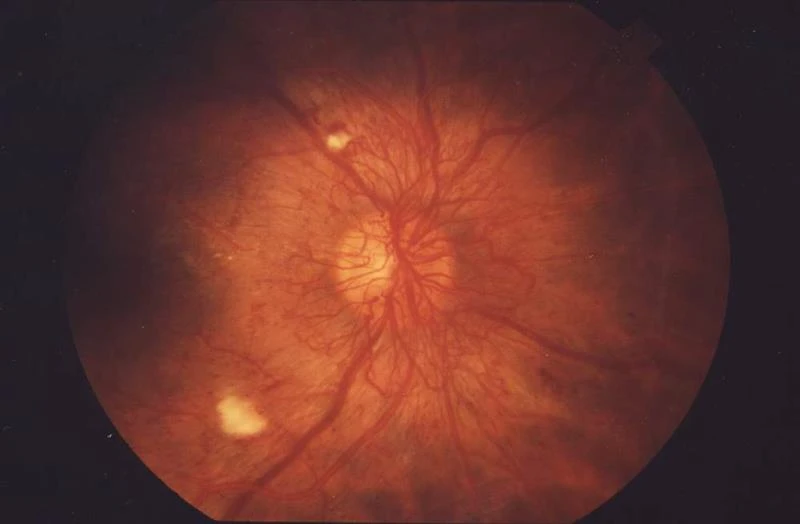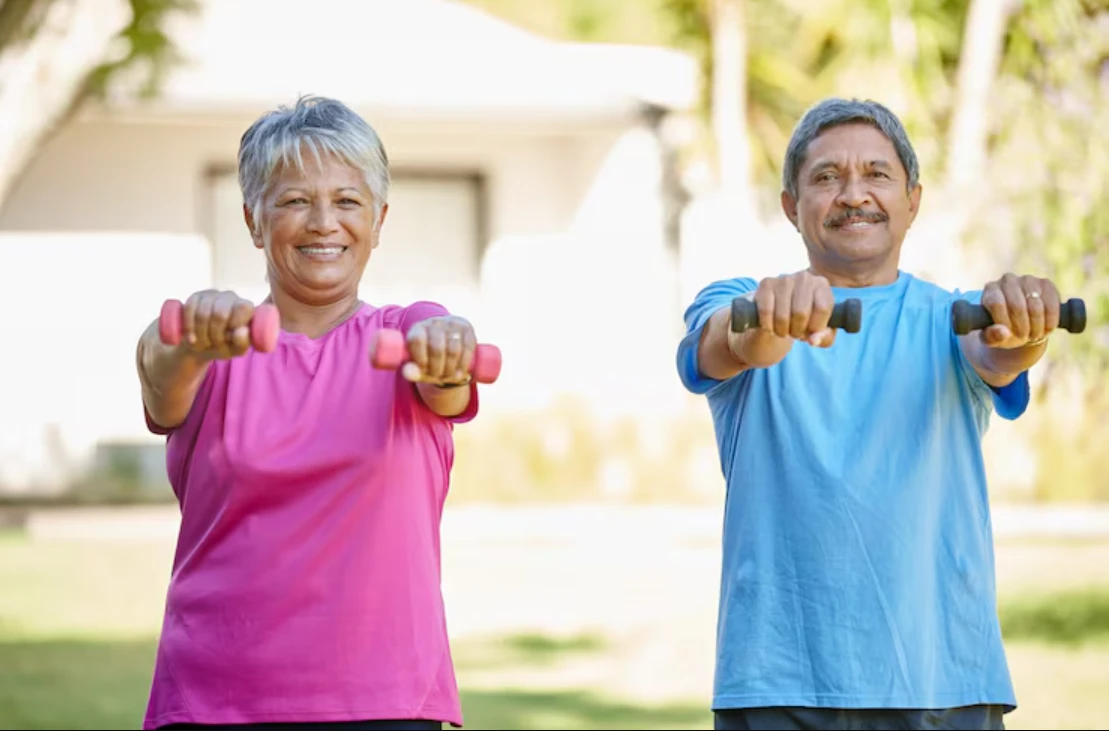
“We use cookies to enhance your browsing experience and analyze site traffic. By continuing to browse or closing this banner, you consent to our use of cookies. Read our Privacy Policy for more information.”
Blogs

When you’re young, aging feels like a distant reality. But once you cross that milestone of 50, the question hits:
“How do I stay healthy, active, and independent as I grow older?”
Aging is inevitable—but how you age is up to you. That’s the heart of Healthy Aging—not just avoiding illness, but nurturing your physical, mental, and emotional well-being so you can enjoy life to the fullest.
Healthy aging means more than just living longer—it means living better. It’s about maintaining independence, vitality, and happiness as the years go by. Healthy aging involves adopting habits that minimize the risk of disease, disability, and frailty, while maximizing joy, resilience, and purpose.
We like to call this Positive Aging—and yes, it’s absolutely achievable!
Regular movement keeps your body strong and your spirits high. Activities like walking, swimming, yoga, or dancing:
Tip: Choose exercises you enjoy—it’s easier to stick with them long-term.
Fuel your body with wholesome foods that support energy and immunity:
Good nutrition helps prevent chronic diseases and supports both physical and brain health.
Just like your body, your brain needs regular workouts too. Stimulate your mind by:
Keeping your brain active helps maintain cognitive function and reduces the risk of dementia.
Staying connected is key to mental and emotional health. Make time for:
Social interaction combats loneliness and enhances your sense of belonging and purpose.
Emotional health is just as important as physical health. Prioritize your mental wellness by:
Emotional balance boosts resilience and helps you handle life’s ups and downs gracefully.
Routine medical screenings are essential to catch issues before they become serious. Keep up with:
Prevention and early intervention go a long way in preserving health and independence.
Aging doesn’t have to be something you fear—it can be something you celebrate. With a few mindful choices and consistent habits, you can enjoy a long, fulfilling life full of joy, connection, and purpose.



“We use cookies to enhance your browsing experience and analyze site traffic. By continuing to browse or closing this banner, you consent to our use of cookies. Read our Privacy Policy for more information.”